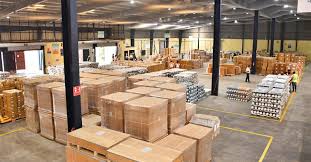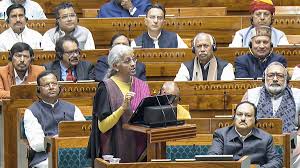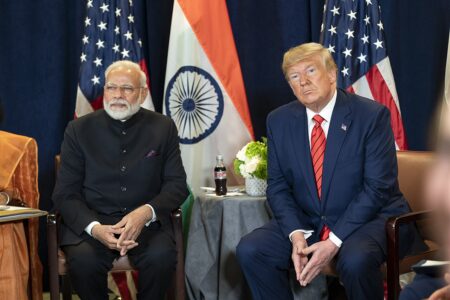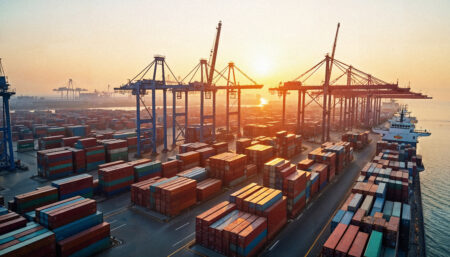Nestlé India launches its first Digital Twin-powered DC in Bhiwandi, setting new benchmarks in sustainability and digital logistics.
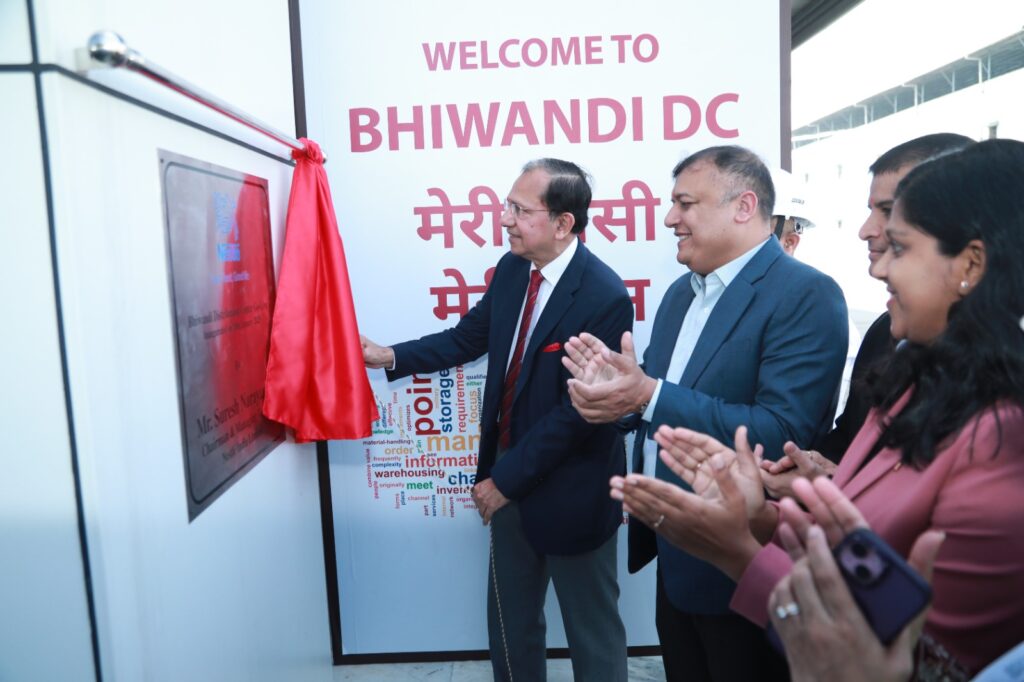
Nestlé India has officially launched its Automated and Paperless Distribution Centre (DC) in Bhiwandi, Maharashtra, marking a significant step in its ongoing commitment to sustainability, digitalisation, and operational excellence. The newly inaugurated facility is a showcase of cutting-edge technology and innovative practices, setting a new benchmark for the logistics and supply chain industry.
This first-of-its-kind DC for Nestlé India is equipped with digital twin technology, a revolutionary tool that simulates various warehouse scenarios in a virtual environment, enabling better planning and decision-making. The DC’s digital-first approach ensures seamless integration between operations and cutting-edge technology, from AI-enabled CCTV systems to operations command hubs and sensor-equipped material handling equipment, all designed to improve security and operational efficiency.
The Bhiwandi DC boasts an impressive capacity, with approximately 20,000 pallet positions and the largest cold room in the region dedicated to storing chocolates. The facility’s advanced design includes India’s first shuttle racking system, a space-efficient solution that optimises warehouse storage. The centre also features a dedicated repacking centre, ensuring rapid and flexible operations. This marks another milestone in Nestlé India’s logistics transformation, moving towards paperless operations and fully digitalised processes.
Speaking about the new launch, Varun Gupta, Head of Supply Chain at Nestlé India, stated, “Efficiency, agility, safety, and sustainability are integral to our value chain. The Bhiwandi Distribution Center exemplifies a perfect ‘symphony’ of product and information flow, blending optimal automation, digitalised operations, and AI-based planning to enhance our customer service.”
In line with its sustainability commitment, Nestlé India has incorporated alternate fuel-powered vehicles on the Sanand-Bhiwandi route, reducing greenhouse gas emissions by 25% for its cargo transport. Gupta further emphasised, “This is a crucial step towards our Net Zero goals, as we continue to scale up alternate vehicles and integrate sustainability into our logistics operations.”
The partnership between Nestlé India and its logistics partners has been instrumental in bringing this ambitious project to life. With a focus on improving efficiency and sustainability, the company plans to expand its use of alternative fuel vehicles and continue advancing its logistics and supply chain capabilities.







